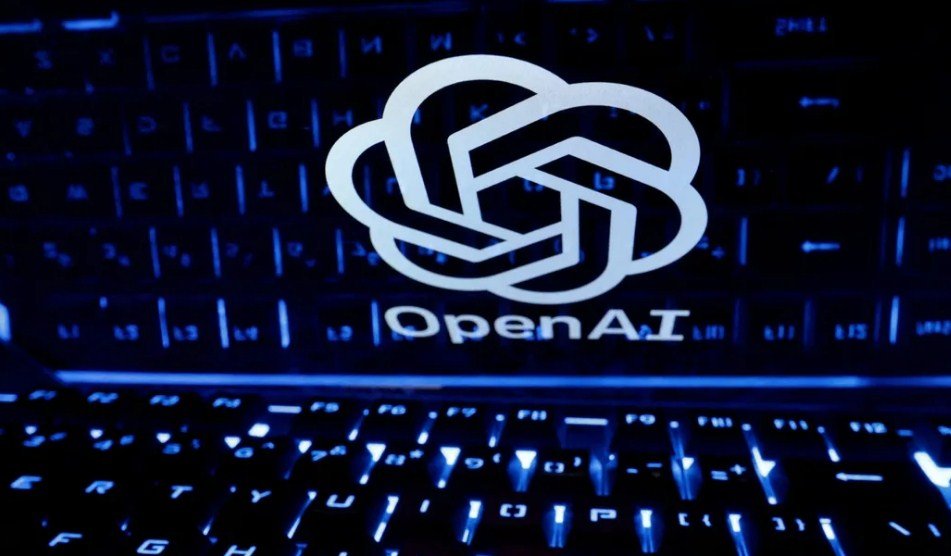OpenAI, the artificial intelligence research lab, has announced a new marketplace that allows users to access personalized AI apps for various tasks, such as teaching math or designing stickers. The company aims to expand its consumer business by leveraging the popularity of its ChatGPT platform, which has 100 million weekly active users.
What are GPTs and how do they work?
OpenAI is calling the customized AI apps “GPTs”, which the company said are early versions of AI assistants that perform real-world tasks, such as booking flights, on behalf of a user. Users can create their own GPTs using OpenAI’s technology, or browse and download GPTs made by other users in the GPT Store, which will launch later this month. Users can also earn money by sharing their GPTs and getting paid based on the number of users.
GPTs are powered by OpenAI’s GPT-4 model, which is a large-scale neural network that can generate natural language texts based on a given input. GPT-4 can also process images and other modalities, enabling GPTs to handle multimodal tasks. For example, a GPT that teaches math can generate problems, solutions, and explanations, as well as visual aids and feedback. A GPT that designs stickers can take a user’s input, such as a word or a phrase, and generate a sticker image that matches the style and theme.
Why is OpenAI launching GPTs and GPT Store?
OpenAI CEO Sam Altman shared the updates at the AI lab’s first developer conference, which attracted 900 developers from around the world and marked the company’s latest attempt to capitalize on the popularity of ChatGPT by offering incentives to build in its ecosystem. ChatGPT, launched in November 2022, is a conversational AI platform that allows users to chat with various personalities and characters, such as celebrities, fictional characters, or historical figures.
Altman said that GPTs and GPT Store are part of OpenAI’s vision to create a future where users can just ask the computer for what they need, and it will do all of the tasks for them. He also said that gradual iterative deployment is the best way to address the safety challenges of AI, and that it is especially important to move carefully towards this future.
How are developers and users reacting to GPTs and GPT Store?
In addition to GPTs and GPT Store, OpenAI also released a slew of developer-focused updates, including significant cost slashing, an announcement met with loud cheers from the audience. The company also unveiled assistant application programming interfaces (APIs) with vision and image modalities, and launched a beta program for developers to fine-tune GPT-4 models.
The YouTube live stream of Altman’s speech attracted more than 40,000 viewers, and some even set up watch parties. Many developers expressed their excitement and curiosity about GPTs and GPT Store, and some said they would try to create their own GPTs or use existing ones. Some users also commented that they were looking forward to using GPTs for various purposes, such as learning, entertainment, or productivity.
However, some developers and users also raised some concerns and questions about GPTs and GPT Store, such as the quality, reliability, and security of the GPTs, the potential ethical and social implications of using AI assistants, and the possible competition or conflict between OpenAI and its ecosystem partners.

